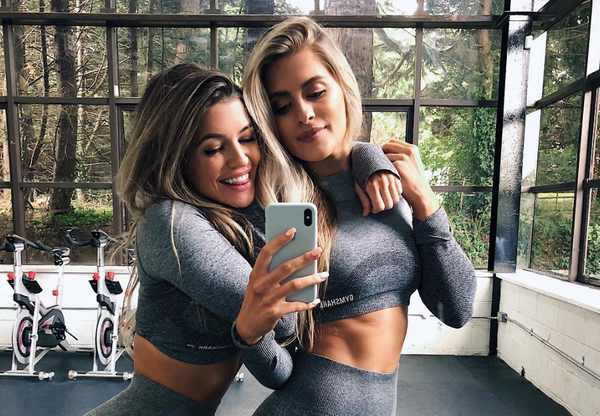Most of us know people who only buy organic meat and produce or only eat at organic restaurants. But, why do they do that? When did the negative stigma associated with organic products begin? Why are people willing to pay significantly higher prices for essentially the same goods?
Recently, companies have started to utilize fear-based marketing where they market non-organic goods as bad for you, unhealthy, or even dangerous. They have little to no scientific evidence to back up their claims, but nonetheless, people believe them because there really isn't anyone telling them differently.
Here a few little known facts about organic goods to help you make up your own mind!
1. Organic goods can be cultivated using chemicals or pesticides.
The USDA allows organic certified farmers to use many types of substances for fertilizer and pesticides. Check out this link for a complete list of substances allowed and not allowed.
2. Organic food is not healthier.
It's literally the same exact product, just cultivated a little differently. Organic ice cream is still not healthy!
3. Organic doesn't mean local farm.
I'm not sure where this rumor started, but all "organic" means is that farmers cannot use synthetic substances found in pesticides and chemical fertilizers. Organic produce does not have to come from a local or family farm. The label "certified organic" is reserved for products that comply with the regulations set by the USDA. Read more about that here!
4. Organic does not mean fresh.
Again, the label "certified organic" is related to the cultivation process of a specific crop, not how fresh or healthy a product is. Don't be fooled!
5. "Meat-raised organically" means animals were allowed to graze or be free-range, fed 100% organic feed and not given any antibiotics. There are things this doesn't include...
At first, this seems to sound pretty reasonable, but let's take a closer look. Animals are still allowed to get vaccines to hopefully prevent many common diseases and keep the animals healthy. However, if an animal does become ill then they are not allowed to receive any antibiotics and cannot be treated, allowing the animal to suffer.
There is also little to no scientific evidence that grass-fed beef is any healthier than grain-fed or that organically fed animals produce leaner meat.
6. Organic does not mean GMO-free.
Organic products and GMO products are two totally different things. Read this article to learn more about the difference between GMO products and organic products.
7. Organic is not significantly better that non-organic goods.
Both sides of this argument are relatively subjective and there are studies that could back up both sides. When presented the real evidence, a few things are automatically clear. Yes, there are harmful pesticides, but many of those have been banned and produce is washed multiple times after harvest. You are never eating pesticide soaked tomatoes, I promise. Whatever your opinion is, be sure you are educating yourself with reliable sources!



















